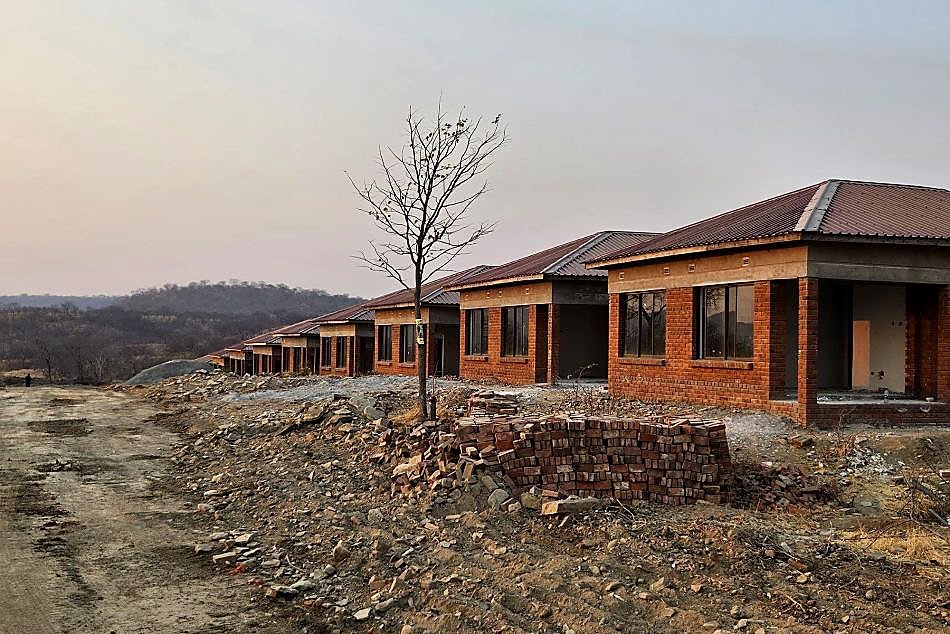Source: CITE
Picture credit: Zimbuild Group.
Zimbabwe’s urban housing crisis is worsening, with local authorities, experts, and residents warning that poor planning, corruption, and unaffordable housing are compounding a backlog now estimated at 1.5 million units.
As cities such as Harare, Bulawayo, Mutare, and Gweru experience rapid population growth, the demand for housing has far outstripped supply. The result has been a rise in overcrowded suburbs and informal settlements lacking basic services such as clean water, sewage systems, and roads.
Land allocation, once seen as a path to home ownership, has increasingly become marred by corruption and the emergence of land barons, leaving many long-time applicants unable to access housing legally or affordably.
In response to the growing crisis, Harare City Council has proposed a major policy shift. Under its draft Master Plan for 2025–2045, the local authority is considering suspending new stand allocations for two decades. Instead, the city plans to prioritise high-density rental accommodation, including flats, which it argues is a more sustainable solution for a growing urban population.
programme hosted on X Spaces, Claude Phuti, Programmes Manager at the Bulawayo Progressive Residents Association (BPRA), said the situation in Bulawayo was dire, with over 100 000 residents still on the housing waiting list.
“In Bulawayo, we’re facing a very sad reality. Some stands have remained unserviced for over 10 or even 15 years. There’s no clear plan to address the housing backlog,” said Phuti.
He criticised the role of private developers brought in under public-private partnerships, accusing them of sidelining long-term applicants with exorbitant prices.
“Now, it’s about whether you can afford a stand, not how long you’ve been waiting. Some people have been on the list since the 1990s,” he said.
In Harare, Precious Shumba of the Harare Residents Trust said the crisis has roots in Operation Murambatsvina, the 2005 government campaign that displaced thousands of families. He said many of those pushed to the outskirts of the city now live in illegal settlements without basic infrastructure.
“Illegal settlements have mushroomed, and the waiting list continues to grow,” said Shumba. “Harare still relies on a manual housing waiting list, which is vulnerable to manipulation and corruption.”.
He added that a lack of government support for housing development has worsened the situation.
“Many residents pay to be on the waiting list but are never called for interviews or given access to stands,” he said.
In Gweru, Cornillia Seliphiwe, Executive Director of the Gweru Residents and Ratepayers Association, said more than 35,000 people are waiting for housing, but high costs and limited resources have made access difficult for low-income residents.
“Stands are sold on a first-come, first-served basis, which favours the wealthy. Poor families are priced out, while those with money buy multiple stands and rent them out,” said Seliphiwe.
